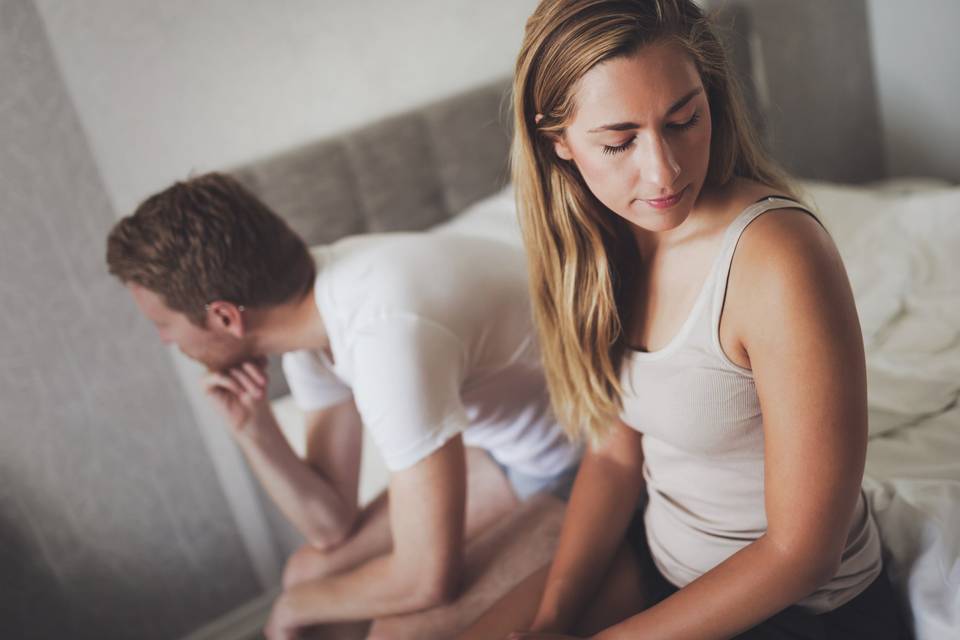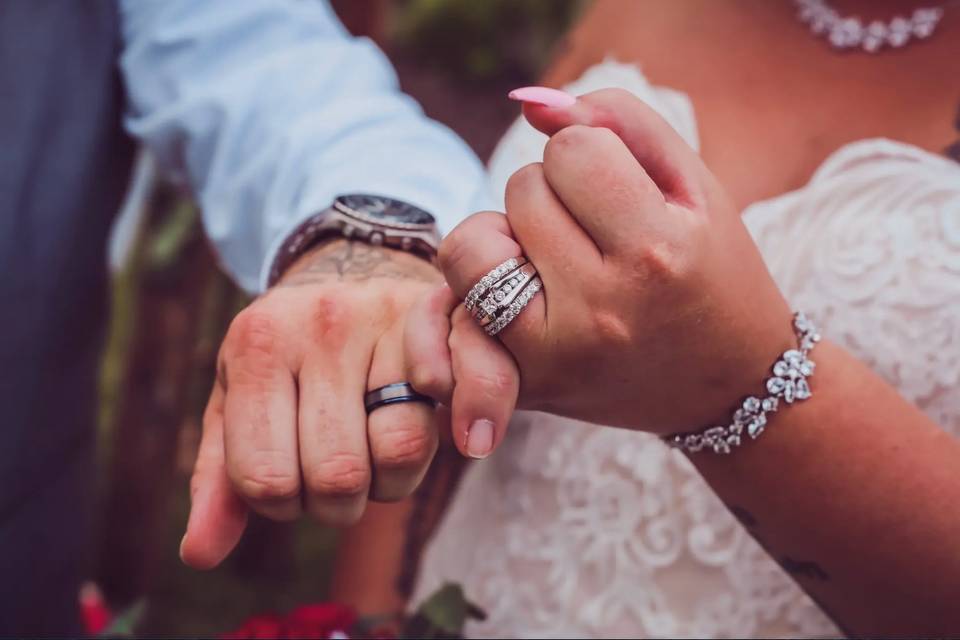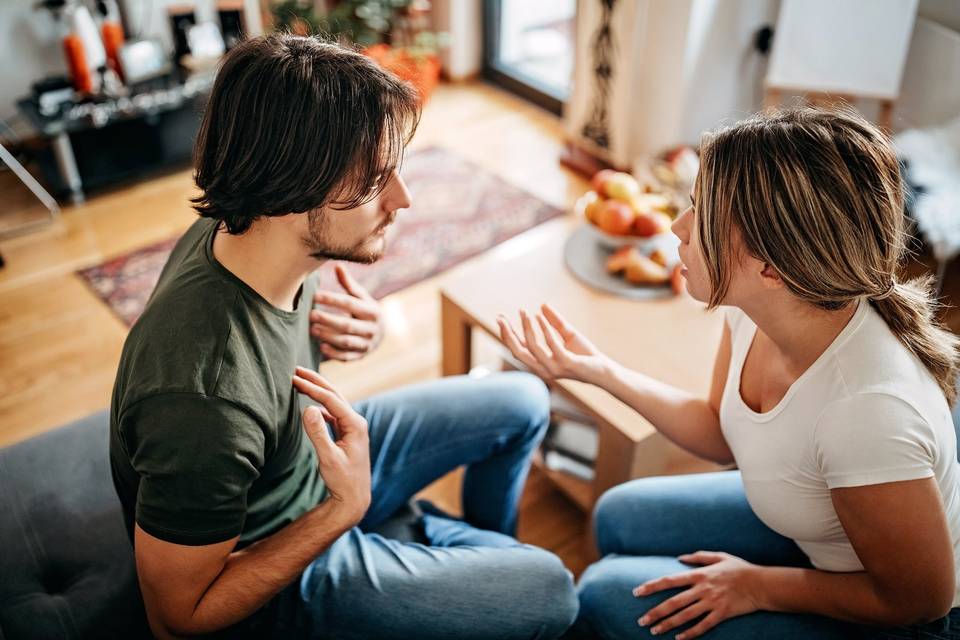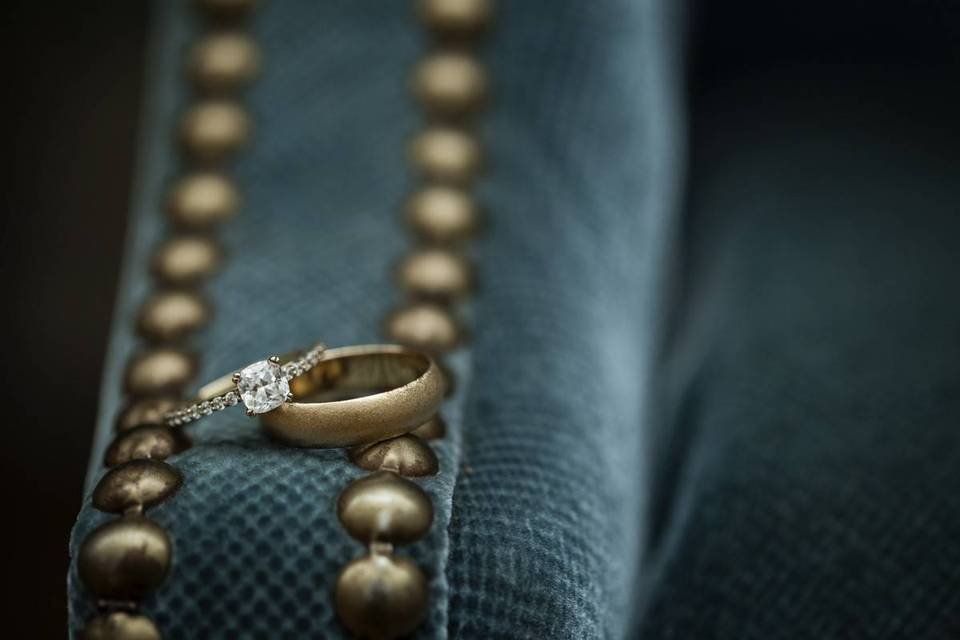6 Ways to Maintain Your Individuality Once You Get Engaged
If you're worried you'll lose your individuality once you get engaged, not to fear. These simple tips will ensure you maintain your sense of self as you move toward marriage.
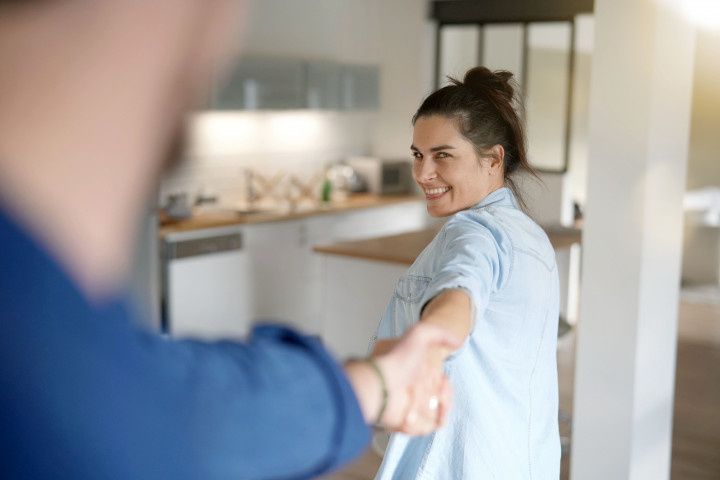

If you’re recently engaged and over-the-moon excited, good for you! While there’s no denying all the feel-good emotions that come along with soon-to-be married status, it’s also okay to recognize that there are a whole range of other emotions that are totally normal to experience in this stage of life, too. One of those is a feeling of losing your individuality. This isn’t only symptomatic of being recently engaged, but simply being in a serious relationship in and of itself can cause you to feel more like a “we” than a “me.”
“In a relationship, two lives come together to share experiences, likes, dislikes, goals, etc.,” explains Lexa Bender, MA, mental health counselor intern and marriage and family therapist intern. “Through extended time spent with their partner, people start to think first about what their partner likes, unintentionally leading to them setting their own wants and needs to the side.”
While your relationship should absolutely feel like a partnership, maintaining your individual sense of self is paramount for a healthy marriage, explains Katie Ziskind, LMFT and owner of Wisdom Within Counseling, in Niantic, Connecticut. “A strong and healthy sense of self allows you to bring wellness and maturity into your marriage,” she says. “Never put all your eggs in one basket, but, do be committed, respectful, and loving toward your partner.”
Worried you’re losing your individuality? Here are some ways relationship experts recommend couples ensure they maintain their sense of self as they prepare to get married.
Spend time with family without your partner.
Even though your family is becoming your partner’s family through marriage, it is still important for you to continue cultivating your connections with your other loved ones, notes Bender. The best way to go about fostering familial relationships while feeling as though you’re including your partner is to have a healthy balance of time with your partner and family and time without.
Maintain your friendships.
When you’ve been together for a long time, it’s often the case that your friend groups meld together and become one; however, friendships should never be neglected for the sake of your partner, advises Rachel Smith, licensed marriage and family therapist and sex therapist. “Maintaining friendships outside of the relationship helps prevent couples from losing individuality and completely relying on each other for every aspect of their lives,” she says. “Couples should be able to have a good time with friends without guilt or shame of not including the other partner.”
Practice self-care.
Life often gets busier after you get married, especially when it comes to starting a family, which is all the more reason why you should make a point to carve out time for yourself—sans partner. “Since you are the source of all you do it’s important to treat yourself well, whether this be participating in exercise, taking a bubble bath, getting a massage, a mani/pedi or getting yourself flowers,” says Paulette Sherman, Psy.D., psychologist, director of My Dating & Relationship School and author of Dating from the Inside Out. “When you care for yourself this gives you time to recognize your own importance, apart from your relationships.”
Keep up with your hobbies and interests.
Having passions outside of your relationship and marriage, be it a weekly pottery class, journaling or going for jogs, is so essential to your individuality. “Your creativity brings you joy and inspires you, so, if you used to love singing, writing, or photography, doing this again can reconnect you to yourself,” says Dr. Sherman. “If you let your spouse know that this is important to you, he or she will probably support it.”
Check in with yourself often.
Bender recommends staying connected to yourself by periodically checking in. “Asking yourself questions such as, ‘What are my needs?’ and ‘Am I happy?’ can help you maintain awareness of how you are doing, both as an individual and a partner in the relationship,” she says. “By checking in with yourself, you are ensuring that you are getting what you need and value within the marriage—and avoid losing your individuality.”
Remember to love yourself.
To be fully available in your marriage, Bender says you first have to nurture the relationship you have with yourself. “Before being a partner to your significant other, you first have to appreciate and know who you are as a person, with or without the other person,” she adds. “By being the best, unique ‘you,’ you can offer more to the relationship without losing yourself in it.”
If there’s one thing you should remember when it comes to maintaining your individuality in your marriage, let it be this: Your partner fell in love with you—not who you became once you got engaged to him or her. “Marriage is balancing all the components in your life that are meaningful to you in order to not lose your individuality and all the components that make you who you are,” adds Liana Lorenzo-Echeverri, M.S., Marriage and Family Therapist Intern.


